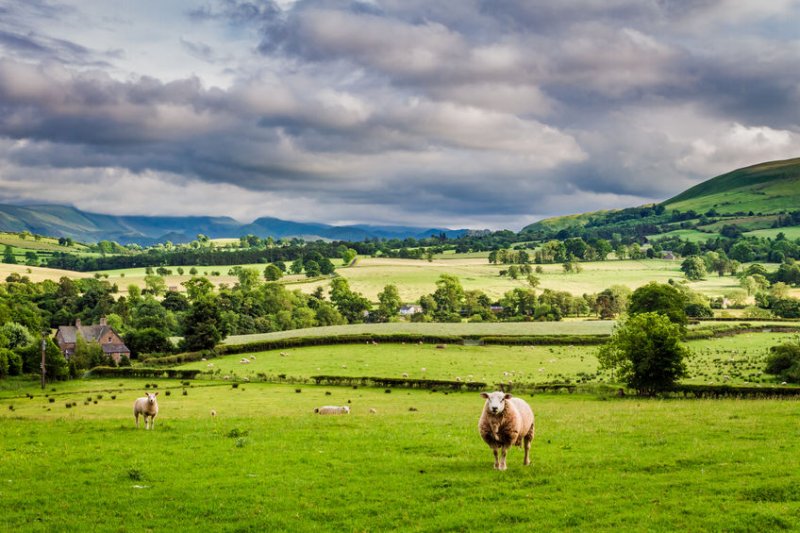
The vast majority of farmers are committed to animal welfare and are concerned about plastics, according to a survey looking at how farm businesses are run.
Defra has released its Farm Practices Survey, conducted in October 2019, focusing on practices relating to how British farmers run their businesses.
Topics covered include farming business advice, precision farming technology, farm business planning, computer and smartphone usage, use and disposal of plastics, and animal welfare.
The results provided are based on questions sent to approximately 7,900 farms in England. The survey was voluntary and the response rate was 34.5%.
Farming business advice
Almost two thirds of farms said it was very or quite easy to obtain all the advice they needed.
On topics relating to productivity, then environment and regulation, the farming press was the most common source of advice (60-67% of farms using these sources), followed by industry bodies like NFU or AHDB (43-50%), and friends, family or colleagues (35-48%).
Understandably, government websites were cited as a common source of advice on the topics of regulation (46%) and environment (37%) in particular.
Lowland grazing farms were the least likely to pay a specialist independent advisor for advice on productivity (11%), the environment (17%) or regulation (22%).
Precision farming technology
The most common technique was regular weighing of animals to measure growth rates. 42% of farms where it was applicable did this. 30% of farms used breeding indices or estimated breeding values.
Nine percent used pasture measurement techniques (e.g. plate meters or probes). The most common reasons for using precision farming techniques was to increase productivity or performance, improve accuracy and reduce costs.
Over three-quarters (78%) of lowland grazing livestock farms said such techniques were not relevant to their farm, and 29% said they were too expensive or not cost effective.
Farm business planning
Just under one-third (31%) of farms said they have already invested in non-farming parts of the business like tourism or letting buildings. 26% said they plan to widen the variety of crops or enterprises in the next three years; this ranged from 39% of cereal farms to 9% of grazing livestock LFA farms.
The results also varied by region. More than 87% of all farms indicated that they would not move away from growing crops or keeping livestock altogether in the next three years.
Computer and smartphone usage
The vast majority (87%) of farms owned a laptop or PC, 71% a smartphone and 49% a tablet device; 7% had none of these. 98% of farms had a broadband internet connection although 39% had speeds of less than 10Mb.
Thirty-nine percent (39%) of farms said poor internet connection was a barrier to computer usage.
Use and disposal of plastics
The most common type of plastic used on farms was packaging (e.g. fertiliser/feed bags), with 80% of farmers indicating that they used this.
For each of the plastics used, the most common methods of removal were to either pay for disposal, or to pay for recycling.
Almost three quarters of farms were concerned about plastic pollution, and the greatest barriers to recycling plastics that could be recycled were a lack of infrastructure, and farmers not knowing who can collect the waste.
Animal welfare
Providing the best possible care for animals was the most common motivating factor to maintain high animal welfare standards (95% of farms with livestock).
Nearly all (97%) farms with livestock were a member of the Red Tractor Assurance Scheme, with only 6% being RSPCA assured.
This latter figure increased to 40% for pig and poultry farms.
